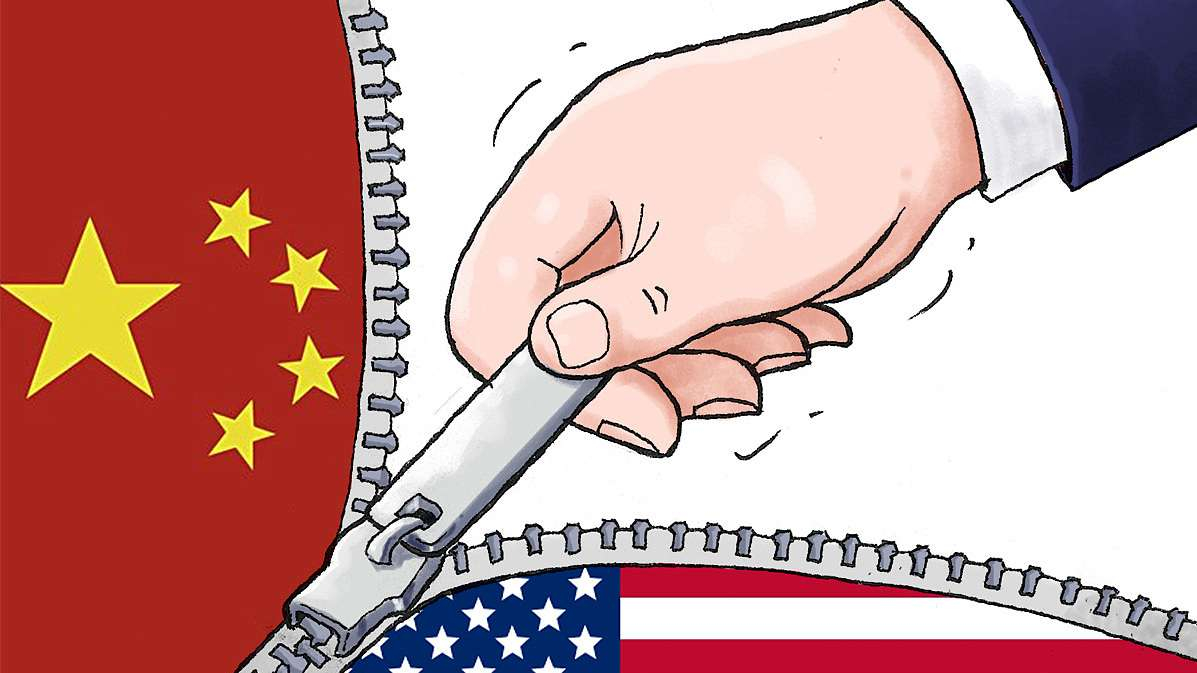
Business
22:48, 30-Aug-2018
Business leader urges China, US to end trade disputes via negotiation
Updated
21:57, 02-Sep-2018
CGTN

The chief of China General Chamber of Commerce-USA (CGCC) has called on the governments of China and the United States to solve the ongoing trade tensions via negotiation.
Xu Chen, chairman of the New York City-based CGCC, the largest non-profit organization representing Chinese enterprises in the United States, told a seminar on Wednesday that he still believes a compromise can be achieved through dialogue and negotiation.
"There are simply no winners in a trade war. Both nations can innovate and benefit far more through increased trade and cooperation," Chen said.
According to a recent CGCC survey, Chinese investments have directly created more than 200,000 jobs across the United States. CGCC member companies – about 1,500 Chinese and US companies – have accumulatively invested over 120 billion US dollars in the US economy and directly supported over 1 million jobs in the country.
"China's market has gradually opened to both US products and services in virtually every industry. US companies have grown significantly in China and they continue to benefit from China's growth and growing middle class, and expanding consumer market," said Chen.
In the state of Texas, investment from China has reached almost 10 billion dollars and created thousands of jobs. The growth of Texas goods exports to China from 2008 to 2017 was recorded at 88 percent while that of service exports to China from 2007 to 2016 was at 288 percent, according to Chen.
The commercial leader said, "These growth rates are similar to (those of) other US states as well and should be a clear sign of success in the US-China trade paradigm."
Meanwhile, Chen stressed that China recognizes that there are concerns from the United States regarding investment and trade that Beijing has worked diligently over the years to resolve.
Organized by the CGCC, the seminar, titled "Chinese investment in the US: the Path Forward," focused on current trade tension between the United States and China, as well as the future of Chinese investment in the United States.
Source(s): Xinhua News Agency

SITEMAP
Copyright © 2018 CGTN. Beijing ICP prepared NO.16065310-3
Copyright © 2018 CGTN. Beijing ICP prepared NO.16065310-3